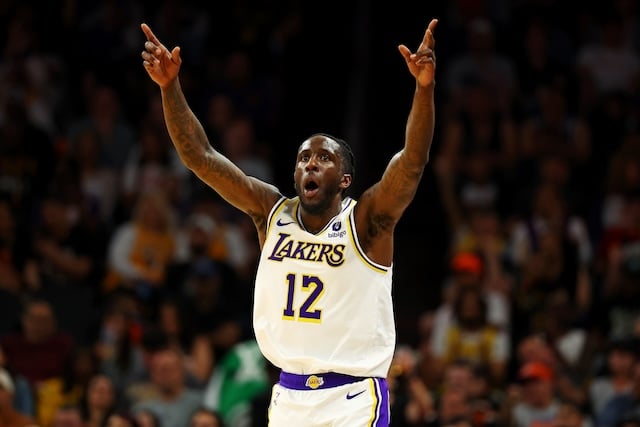In recent years, a significant shift has occurred in sports endorsements. Young professional athletes are increasingly turning away from traditional deals with industry giants like Nike and Adidas, opting instead for commercial independence and partnerships with lesser-known brands. This trend is reshaping the landscape of athlete marketing and opening up new opportunities for athletes and emerging companies.
Athletes across various sports, including the NBA, NFL, NHL, MLB, and international leagues, recognize the value of their brands and seek more control over their commercial endeavors. Several factors drive this shift: value alignment, creative power, equity opportunities, and authenticity. Young athletes want to partner with brands that share their values and support causes they care about. Smaller brands often offer athletes more input in product design and marketing strategies. Some deals include ownership stakes, benefiting athletes from the brand’s growth. Additionally, athletes can create products that genuinely reflect their personalities and interests.
In today’s saturated marketplace, brands must be bold and innovative to cut through the clutter. A fantastic way for a new company to make itself seen and remembered is through custom apparel, which provides an ideal solution to raise awareness for your brand. The right strategy for creating sneakers or custom t-shirts can prove very lucrative for up-and-coming athletes and established stars.
NBA Players Leading the Charge
The NBA has been at the forefront of this trend, with several players making bold moves away from traditional endorsement deals. Taurean Prince, the Los Angeles Lakers forward, recently invested in the emerging shoe brand Crossover Culture. Prince will not only be a brand ambassador but will also be actively involved in product design and creation. LaMelo Ball, the Charlotte Hornets star, launched his brand, LaFrance, instead of signing with an established shoe company. Spencer Dinwiddie, the Brooklyn Nets guard, co-founded Eonxi, a blockchain-based digital sneaker platform.
Commercial Independence
Commercial independence offers numerous benefits for athletes. They can cultivate their brands without the constraints of more extensive corporate partnerships. Equity stakes and successful personal brands can provide substantial returns beyond an athlete’s playing career. Athletes also gain the flexibility to pursue multiple partnerships or ventures that align with their diverse interests. Owning their brands allows athletes to connect more authentically with their fan base.
However, athletes venturing into entrepreneurship also face several risks. Investing personal funds in new ventures can result in financial loss. Balancing business responsibilities with athletic commitments can be challenging. Athletes may need to learn business skills quickly or rely heavily on advisors. As more athletes launch personal brands, standing out in a crowded market becomes more difficult.
Examples of Athlete-Owned Brands
Several athletes have successfully launched their brands or ventures. Michael Jordan’s Jordan Brand, perhaps the most successful athlete-owned brand, has grown into a multi-billion-dollar empire under Nike’s umbrella. Roger Federer left Nike to become a part-owner of the Swiss running shoe brand On. The late Los Angeles Lakers star Kobe Bryant co-founded Bryant Stibel, a venture capital firm focusing on technology and media companies. The former MLB star Derek Jeter created The Players’ Tribune, a media platform for athletes to share their stories directly with fans.
International Athletes Following Suit
This trend isn’t limited to American sports. International athletes are also seeking more control over their commercial endeavors. Cristiano Ronaldo, the soccer superstar, has his CR7 brand, which includes clothing, fragrances, and hotels. Usain Bolt, the Jamaican sprinter, co-founded Bolt Mobility, an electric scooter company, and Champion Shave, a razor brand.
The Future of Athlete Endorsements
As young athletes prioritize authenticity and alignment with their values, we can expect to see more innovative partnerships and athlete-driven brands emerge. This shift presents challenges and opportunities for established sportswear giants, who may need to adapt their strategies to attract and retain top talent.
For athletes, the key to success in this new landscape will be finding the right balance between their athletic careers and business ventures. Those who can effectively leverage their brands while maintaining peak performance on the field or court stand to gain the most from this evolving ecosystem.
The sports industry is witnessing a transformation in how athletes approach endorsements and brand partnerships. By seeking commercial independence and aligning with brands that share their values, young professional athletes are not just changing the game but rewriting the rules of sports marketing altogether.
